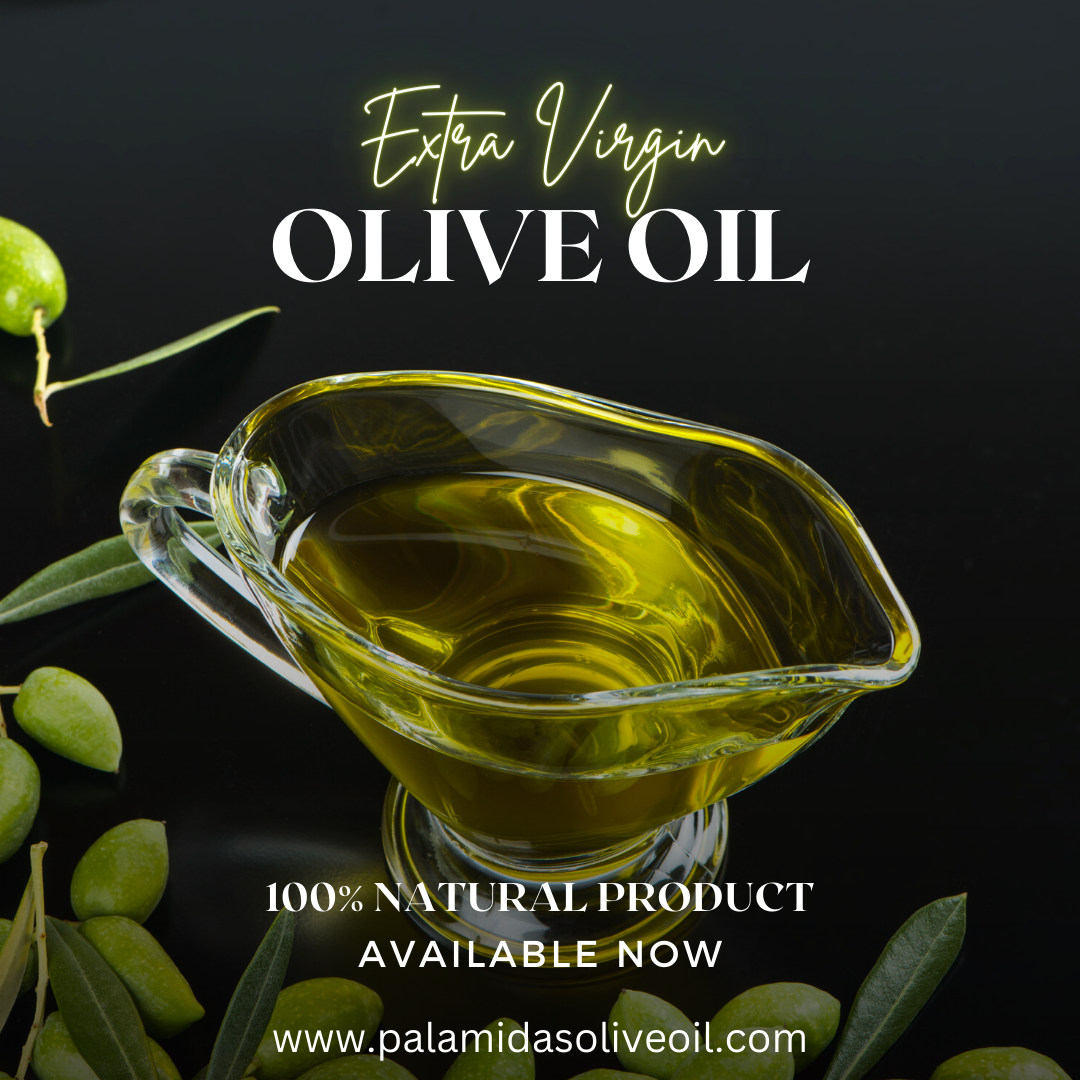The Secret of Discovering and Cooking with Pomace Olive Oil
Olive oil is a beneficial ingredient that positively affects our health. It plays a significant role in Mediterranean cuisine and is loved worldwide for its distinct aroma and numerous health benefits. In our exploration of cooking, we will focus on two types of olive oil: extra virgin olive oil and pomace olive oil. By understanding their qualities and best applications, you can enhance your culinary skills and create even more amazing dishes.
1 - FlavorExtra virgin
olive oil, often known as dressing olive oil, is renowned for its superior
quality and delectable flavor. The following reasons make cooking
dressing olive oil a need in your kitchen:
1.1. Superior Flavor Profile:
The
fruity, grassy, and peppery flavor of dressing olive oil gives your recipes
more depth and complexity. Everything from salads and marinades to dips and
sauces is improved by its vivid flavor.
1.2. Health Benefits:
Dressing
olive oil has several health advantages because it is high in monounsaturated
fats and antioxidants. It maintains a strong immune system, lowers
inflammation, and encourages heart health. Including it in your cooking can
help you maintain a well-balanced diet.
Pomace Olive Oil - An Economical Alternative:
A byproduct of the manufacture of
olive oil is pomace
olive oil. Although its extraction and quality differ from dressing olive
oil, it has a role in the culinary world. What you need to know about pomace olive oil is as follows:
2.1. Extraction Process:
After the first pressing of the
olives, pomace olive oil is extracted using solvents and mechanical procedures.
Although it may be refined and blended, some of the nutrients and flavors of
olives are still present.
2.2. Versatility in Cooking:
Pomace olive oil is prized for
having a high smoke point, which makes it perfect for frying, sautéing, and
baking, among other cooking techniques. It is a versatile choice for everyday
cooking because of its mild flavor, which allows other components to shine.
Best Uses for Dressing Olive Oil and Pomace Olive Oil:
Now that we have explored the
characteristics of both oils let's discuss their best uses in the kitchen:
3.1. Dressing Olive Oil:
●
Drizzling: Drizzle dressing olive oil over salads, soups,
roasted vegetables, or grilled meats to complete dishes.
●
Dipping: mix it with herbs and spices to create a delicious oil
for veggies or bread.
●
Sauces and Marinades: Its strong flavor enriches sauces and
marinades, giving your culinary creations a delicious flavor.
3.2. Pomace Olive Oil:
●
Pomaceous olive oil should be used for high-temperature cooking
techniques like frying, sautéing, and stir-frying.
●
Pomace olive oil may give moisture and a faint sense of olive
flavor to your baking dishes, such as cakes, muffins, and bread.
The Importance of Quality and Storage:
4.1. Choosing Olive Oil:
Olive oil quality is important for
dressing. For the best quality, look for bottles marked "extra
virgin," which go through the least amount of processing. Look for
certifications that guarantee the oil's origin and authenticity, such as PDO
(Protected Designation of Origin). Select well-known companies or regional
manufacturers of high-quality olive oils.
4.2. Proper Storage:
Proper storage is essential to
preserve the flavor and quality of dressing and pomace olive oil. Due to the
possibility of oxidation and deterioration brought on by light and heat, olive
oil should be kept in a cool, dark location away from heat sources and the sun.
Ensure the bottle is well sealed to keep out air, which can cause rancidity.
Using stainless steel or bottles made of dark glass can also help shield the
oil from light.
Flavor Infusions and Pairings:
Dressing olive oil can improve its
flavor profile by adding various substances. Add herbs like rosemary, thyme, or
basil to create aromatic oils ideal for spreading over salads or grilled
vegetables. Try infusing olive oil with garlic, chili flakes, or citrus zest to
give your recipes a distinctive edge.
Cultural Significance of Olive Oil:
Olive oil is a key component in
meals from Greece, Italy, Spain, and other Mediterranean nations. It has great
cultural value. By integrating olive oil into traditional Mediterranean foods
like Greek salads, Italian pasta dishes, and Spanish paella, you can embrace
the traditions of these culinary civilizations.
Conclusion:
Palamidas olive oil, known for
its exceptional quality and rich flavor, adds another dimension to your
culinary creations. By understanding the differences and optimal uses of these
olive oils, you can unleash their full potential and embark on a culinary
journey that tantalizes the taste buds while promoting a healthy lifestyle.
Take advantage of the vast world of olive oil, explore various flavors, and
elevate your cooking to new heights.




Comments
Post a Comment